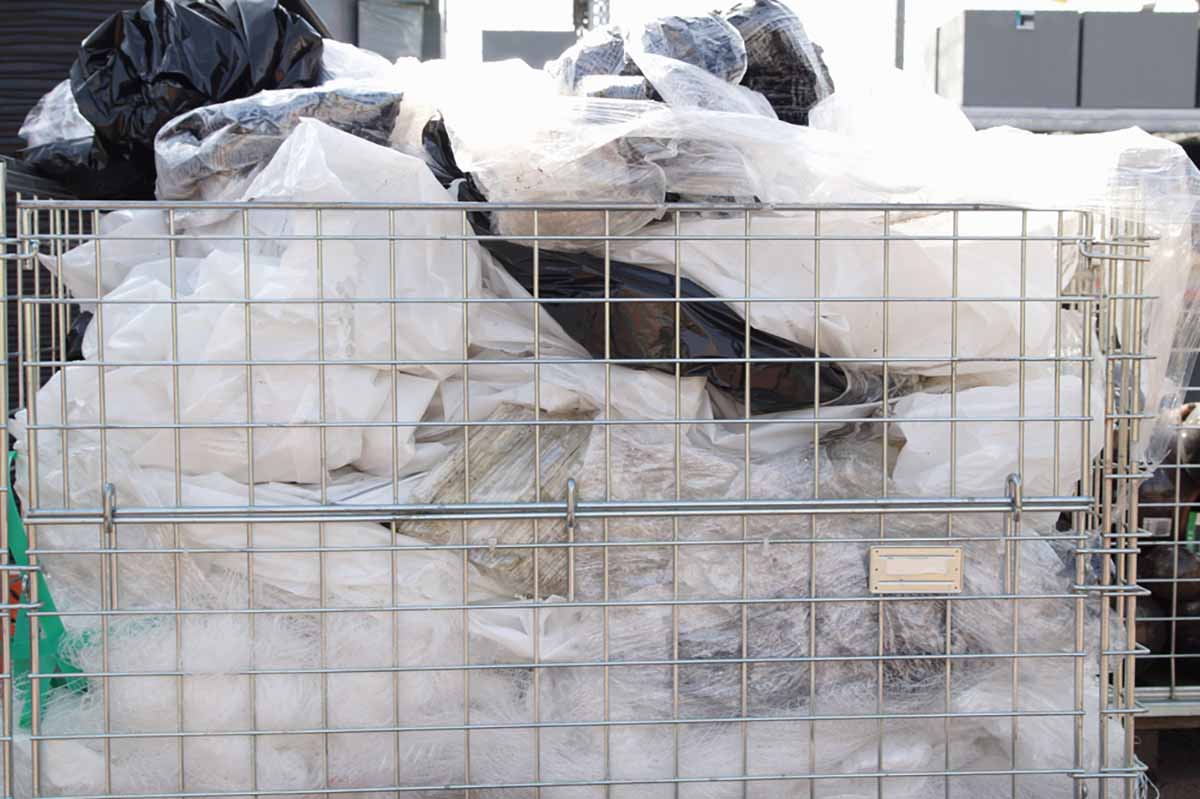
Metaspectral was awarded a six-month contract from Environment Climate Change Canada for film sortation. | Mabeline72/Shutterstock
Canadian remote sensing software company Metaspectral received government funding to develop equipment to sort plastic film.
The company, which uses deep learning and hyperspectral imagery, was awarded a six-month, $150,000 Canadian ($110,000 USD) contract from Environment Climate Change Canada as part of the Canadian Plastics Innovation Challenge.
Merlin Plastics, a British-Columbia based recycler that is one of the largest in Canada, uses Metaspectral’s technology for advanced robotic sorting of consumer recyclables, and Metaspectral was previously awarded funding from the CleanBC Plastics Action Fund for homopolymer HDPE sorting.
According to a press release, Canada generated approximately 1.4 million tons of plastic film in 2019 and less than 4% was recycled. Under federal law, plastic packaging has to contain at least 50% recycled content by 2030, so more recycling capacity will be needed.
Francis Doumet, CEO and co-founder of Metaspectral, said in the press release that the technology can make sorting more accurate and efficient by placing specialized cameras over conveyor belts.
“By using deep learning to process these images, we make it possible to identify the composition of materials at the polymer level in real-time,” Doumet said.
Migel Tissera, chief technology officer and co-founder of Metaspectral, added that hyperspectral images make it possible to identify materials by using up to 300 unique spectral bands. Conventional cameras capture about three of those bands.
“By using deep learning algorithms, we can use these spectral signatures to rapidly identify and sort materials more accurately than humans or other legacy sorting technologies, making plastic film recycling much more viable and scalable,” Tissera said.

